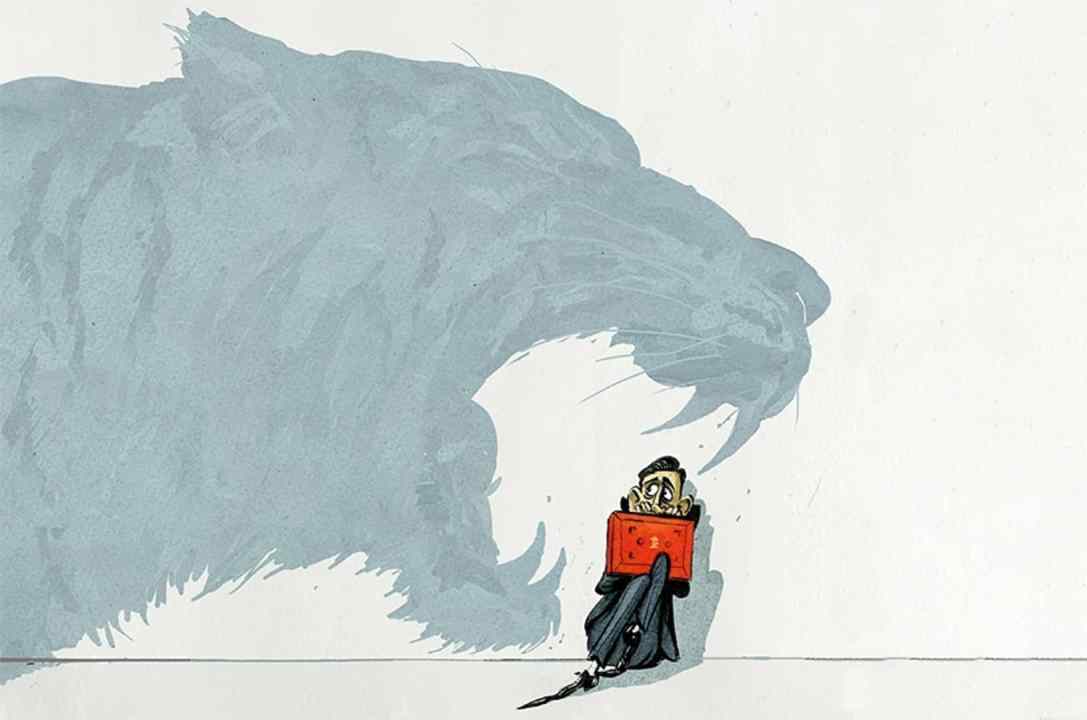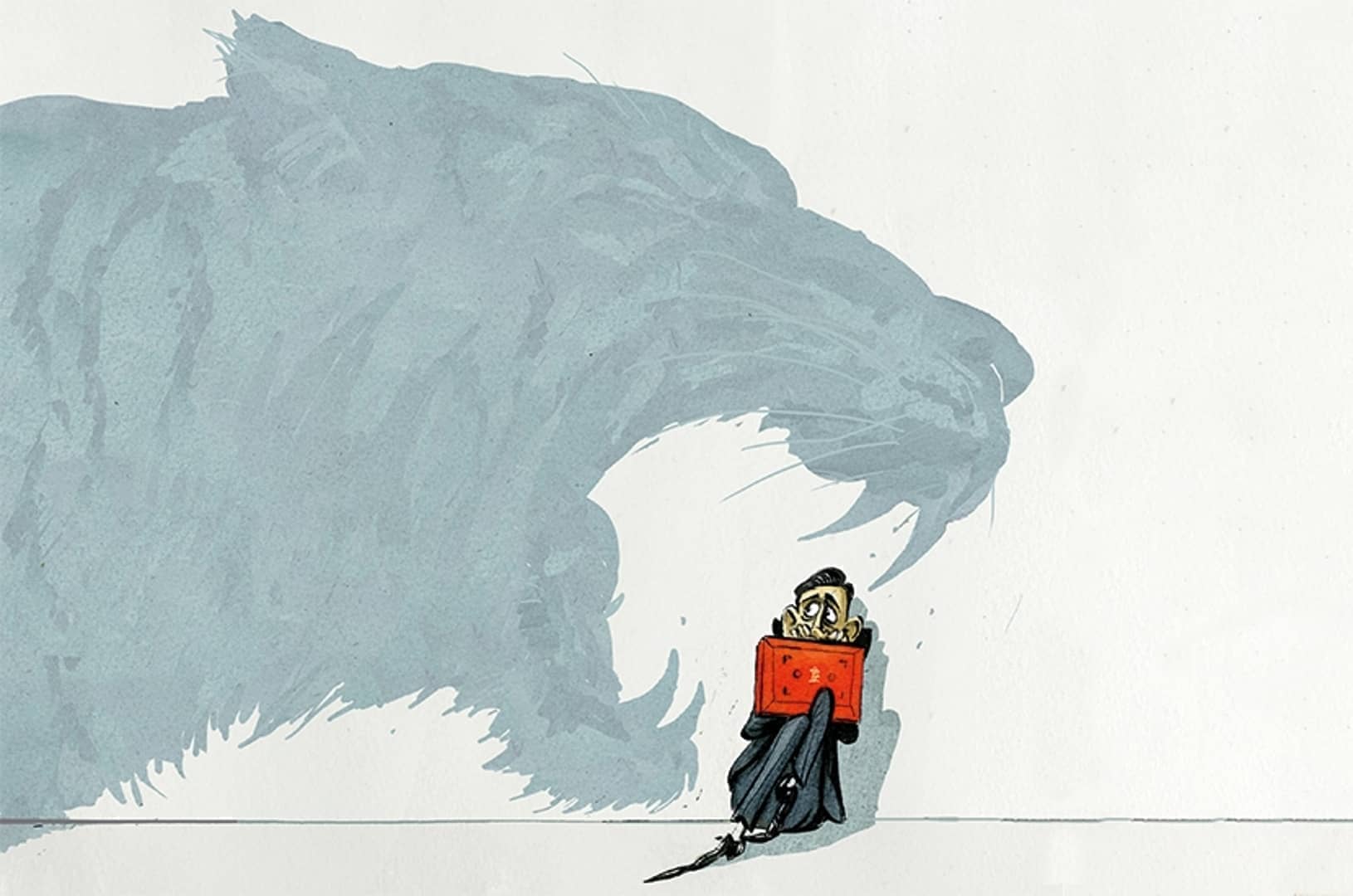This morning’s revelation that the UK economy grew 0.8 per cent in January, the fastest growth since April last year, is welcome news after a Christmas plagued by Omicron – but it’s news that’s out of date, too. As Capital Economics warns: ‘This is as good as it gets for the year’. Russia’s invasion of Ukraine, the commodity price jump and the cost-of-living crisis will soon show in the figures. Today’s ONS release warns that even in January, businesses were already reporting significant rises in the cost of energy and staff wages.
The week after next, Rishi Sunak will present a mini-Budget. The Chancellor faces a conundrum: how to explain the inflation and energy bill hikes that are still to come? Blame it on Russia’s war against Ukraine – or admit that far deeper forces are at work? Over in America, the Biden administration is working hard to place all the blame on the sanctions and the war. But prices were rising long before Putin invaded Ukraine. The combination of lockdowns and reopenings (which caused mass shortages and labour crunches) and flawed energy policy over many years are still big factors in the price surges.
When Boris Johnson broke his manifesto pledge not to raise taxes and announced the National Insurance hike (due next month), it was framed as an emergency response to Covid. ‘We can blame it on Covid,’ says one minister, ‘but it’s really for the PM’s care homes plan’. When a crisis comes along, lots can be pinned to it. Does the Chancellor adopt this strategy, as the US is doing? Or present a more level, clear-eyed explanation to the public about what’s happening?
The evidence so far would suggest he’ll opt for the latter: when he announced his support package for April’s energy price cap lift – which will add almost £700 to the average yearly household bill – he explained that the market price of energy was changing dramatically, and ‘it is not sustainable to keep holding the price of energy artificially low’. His job, as he framed it, wasn’t to avoid the pain of bills rising, but to soften the blow.
If bills skyrocket, the political pressure on him may be too much to bear. But as I write in the Telegraph today, we won’t know the details of the next price cap lift until October, and Sunak is unlikely to pre-empt a support package without understanding the situation. Especially as estimates vary wildly, with predictions of bills rising to £2,500, £3,000 and £4,000 just in the past few weeks alone. Any of these calculations may well be right. But if those cost calculations are off by several hundred pounds, that would be a difference of billions of pounds that the Chancellor would need to find to fund a support package.
Then there’s the question of what will actually be affordable. The convenient borrowing conditions of spring 2020 have disappeared. Yesterday, inflation hit a 40-year high in the US, at 7.9 per cent. The UK trails behind but is catching up fast, with the headline rate at 5.5 per cent and all forecasts are now thought to be out of date – some ministers now expect inflation to hit double digits. With Sunak loath to borrow more, knowing it could see debt servicing payments soar, and the Prime Minister still refusing to reprioritise spending from elsewhere, the Chancellor is likely to present a more conservative spring statement. The fiscal headroom that he would like to use on tax cuts, as he told Tory MPs after his last Budget, may now need to be considered for energy bill support too.
Sunak must operate assuming the current situation won’t change. But is there any positive scenario that sees bills go down without intervention? As Martin Vander Weyer writes in his business column this week: ‘We must… fervently hope that alternative sources can be found (and strategic reserves released) before the economies of the UK and Europe stall while millions of their people shiver in fuel poverty – and Russians ironically still have enough to keep warm’.
‘But having watched a senior minister batting away pro-frackers in a recent private meeting,’ he writes, ‘I’m pretty certain it’s never going to happen… no matter that around one-fifth of the gas we need pro tem is right under our feet: no politician will pick this particular potato out of the embers.’ Might eye-watering bills change public attitudes? As we wait for the Chancellor’s assessment, we also keep a close eye on the public mood.








Comments